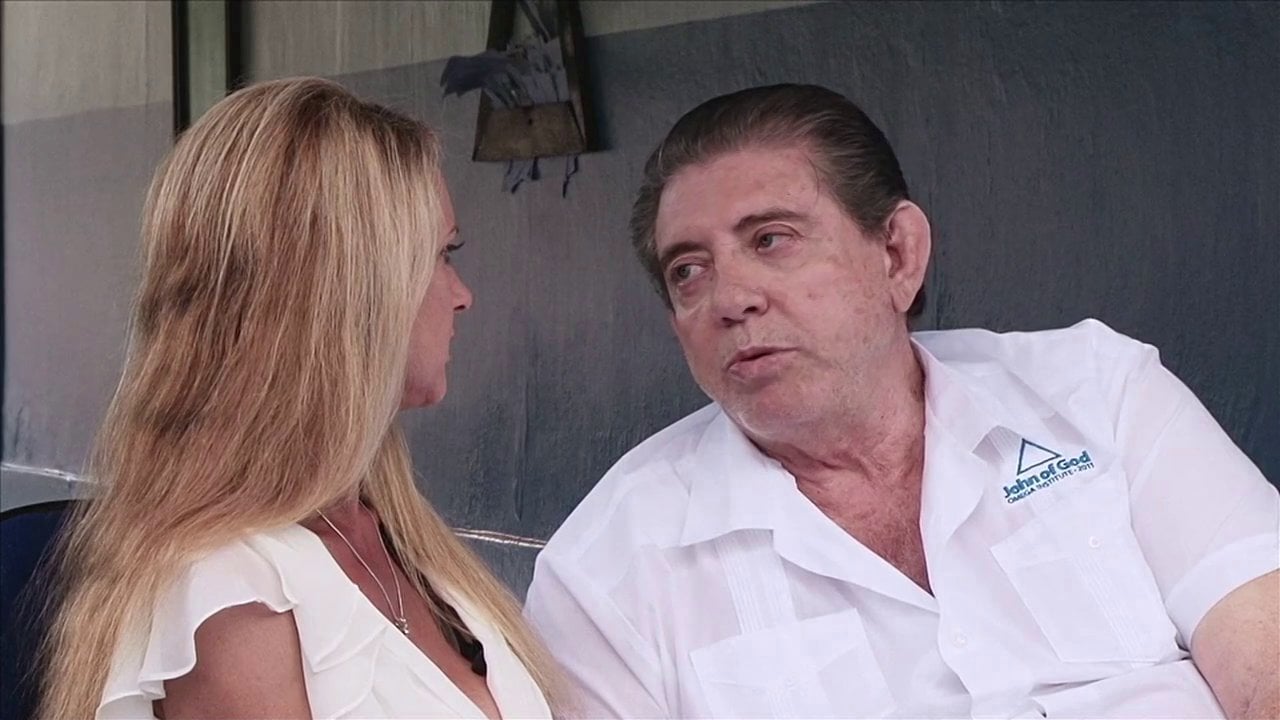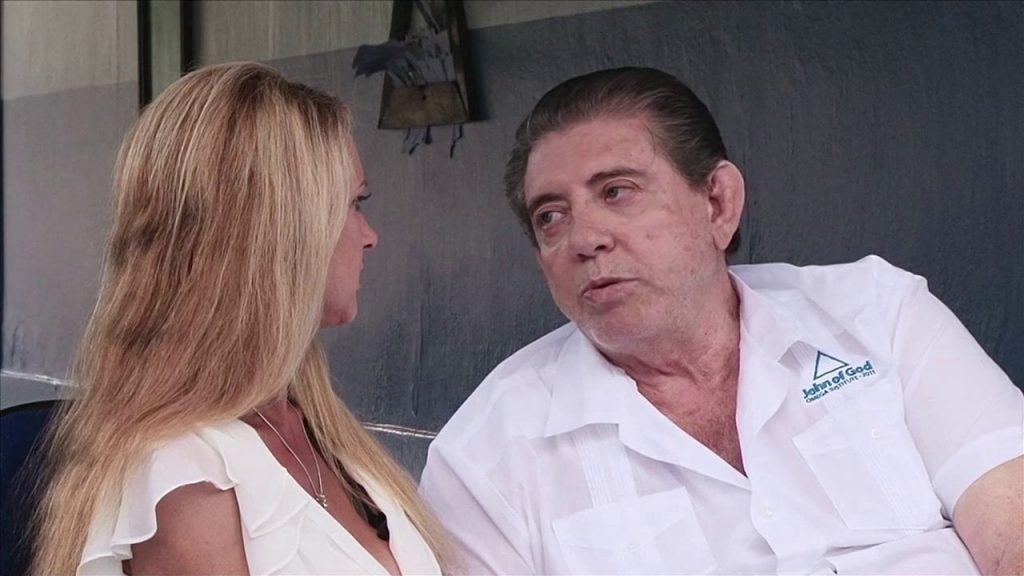It began earlier this month, when Dutch choreographer Zahira Leeneke Maus dropped a bombshell allegation on Brazil’s Globo TV: She said celebrity Brazilian psychic João Teixeira de Faria had raped her.
Faria, who has appeared on “The Oprah Winfrey Show” and hosted “pilgrimages” around the world under his popular name, João de Deus, or John of God, denied the allegation. But Maus’ testimony inspired hundreds of other people to come forward with similar stories of abuse. Faria was arrested Sunday, just nine days after Maus went public with her accusation.
“I’m really relieved to know how many women came forward,” Maus told Brazilian news site G1. “I have a positive feeling, because it was the reason I decided to give an interview for the first time. It was to open the door for the first time to all the women and girls who suffer abuse to present themselves. And that’s what happened.”
A task force created to investigate Faria had received 506 reports of abuse as of Monday, HuffPost Brazil reports. In Brazil, the flood of allegations against Faria is being compared to the wave of allegations against Hollywood producer Harvey Weinstein, who was first publicly accused of sex crimes last year.
The speed of the investigation, which led to Faria turning himself in to authorities, is an example of the collective power of women and the importance of reporting abuse, said Maira Pinheiro, a lawyer and member of the Feminist Jurist Network.
Maira Zapater, a researcher at the Center for the Study of Crime and Punishment in São Paulo, told HuffPost Brazil that the similarity in the allegations against Faria has been crucial. One of the main difficulties prosecutors face when investigating sex crimes is the lack of physical evidence and witnesses.

But 12 women have shared their stories publicly since Maus first spoke out, and their accounts have been too similar for skeptics to dismiss. They have described a pattern of abuse that began with them visiting Faria’s healing center in search of cures for personal problems. They said Faria invited them to a private consultation after an initial meeting, which is when the abuse, masked as “treatment,” began.
Maus described a similar scenario in her TV appearance. She said the “treatment” culminated in Faria raping her at his healing center four years ago.
Zapater said it is common for survivors of sexual violence to keep quiet.
“We still often see women who are afraid to go to police stations for fear of having their word questioned, since they cannot present any materials proving the violence they have suffered,” she said. “This is a failure that is not even discussed in current legal courses. Professionals come to deal with these situations completely unprepared, and often these women are embarrassed.”
Why Reporting Matters
Failure to report abuse leads to impunity and tolerance for gender-based violence, as well as to inaccurate statistics, experts say.
In Brazil, for example, more than 60,000 cases of violence against women were reported in 2017. That figure jumps to 500,000 when underreporting is taken into account.
“Reporting is important so that the state and society can investigate the reasons why crimes against women still occur, how they occur and against whom they occur,” Pinheiro said. “But apart from being relevant in the production of data, reporting is also relevant because it removes the victim from that position of, ‘I’m not sure what happened’ or ‘I must be crazy.’”
Survivors sometimes struggle with self-doubt and believe abusers who try to convince them the violence was warranted, Pinheiro said. It is this sort of “rape culture,” she added, that results in victims struggling to comprehend “that what happened to them is, in fact, a crime.”
Pinheiro also said Brazil needs to do more to help people who report sexual and gender-based violence, including guaranteeing them access to health and social services as well as financial autonomy programs. They aren’t always granted such protections, which she said may lead some women to stay with their abuser.
Next Steps
Faria, via his lawyers, has denied all allegations against him.
“It is important to say that the voices and the faces of the [accusers] were not shown,” Alberto Toron, a lawyer on Faria’s defense team, said in an interview with Brazilian newspaper Folha, referring to the fact that only Maus and businesswoman Aline Saleh have gone on the record publicly with their accusations.
“So you see, you cannot hear the voice nor see the face,” Toron said. “These things were said to have happened more than 10 years ago. Others more than four years ago. It is impossible to even remember if he knows the person.”
Faria withdrew nearly $9 million before surrendering to police, according to The Associated Press, and investigators found firearms and large quantities of cash in a house Faria used as a spiritual retreat.
He is currently in custody as the investigation continues.

